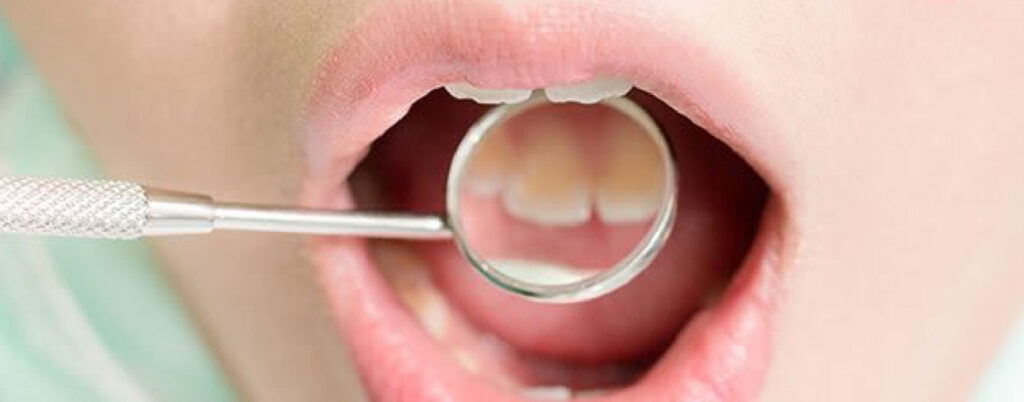
Be Cavity Free
Don’t let food and beverages linger in your mouth, carbs and sugar are the biggest cavity culprits, reduce your chances of developing decay by brushing, flossing, using Dr. Tung’s tongue scraper, using mouth wash, and drinking lots of water!
Symptoms
The symptoms of a cavity will depend on its size and where it is in your mouth. You may not have any symptoms if there in minor decay on your tooth but as the cavity gets larger, you might experience the following:
Pain or a toothache
Sensitive teeth
Pain when you eat or drink sweet, hot, or cold things
Discolored tooth stains
Pain when you bite down
Why a Cavity Develops
When foods with carbohydrates like bread, cereal, baked goods, milk, soda, fruit, or sweets stay on your teeth, the bacteria in your mouth turns them into acids causing plaque build-up and decay. It is very important to floss and brush after every meal along with drinking a lot of water to eliminate plaque from forming.
Cavity Treatment
Treatment depends on the severity of the cavity. In most cases, the dentist will remove the decayed portion of your tooth and repair it with:
Filling – When there is decay on the tooth, the dentist will remove it and fill the hole with a porcelain filling to protect the tooth from further damage.
Crowns – Dentists use crowns when the cavity is too large for a filling and the tooth doesn’t have enough healthy enamel left.
Root canal – If the root or pulp of your tooth is exposed to decay, dead, or injured in a way that can’t be repaired, the dentist will remove the nerve and tissue along with the decayed portions of the tooth and fill the root with a sealing material.
It’s important to maintain regular six-month cleaning to maintain a healthy smile.


